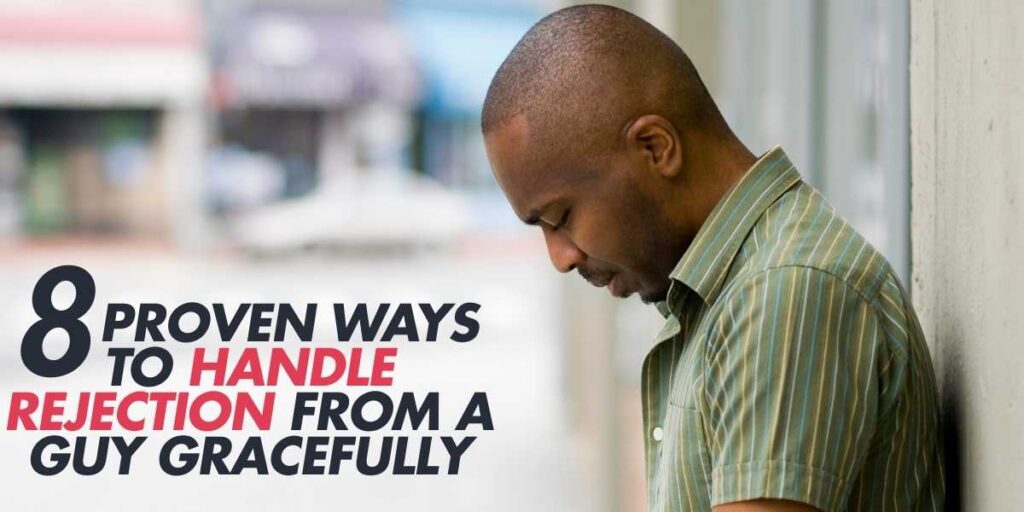Understanding Rejection and Suicide Ideation: Emotions can run high after love rejection, but it’s crucial to view this phase as temporary and not a reason to entertain thoughts of self-harm or suicide. Addressing feelings of abandonment while maintaining value in oneself can mitigate risks associated with negative self-perceptions.
The Emotional Impact of Rejection
Rejection, particularly in romantic relationships, can feel like a significant blow to your self-esteem and sense of belonging. Our need to form stable, caring social bonds means that the end of a relationship can leave us feeling isolated and undervalued. Psychologists Baumeister and Leary identified the fundamental need to belong as critical to both psychological and physical well-being. When this need is unmet, it can lead to depression, anxiety, and even suicidal thoughts.
The feelings that follow a breakup can sometimes feel overwhelming and permanent. It’s important to remember that these feelings, while valid, are temporary and manageable. Seeking the right support and adopting healthy coping mechanisms can drastically improve your mental outlook.
Recognizing and Addressing Rejection Sensitivity
Rejection sensitivity is the tendency to anxiously expect, readily perceive, and intensely react to social rejection. This heightened state of alert can lead to negative cognitive responses, fostering feelings of unworthiness or self-blame. Studies have shown that those who possess high rejection sensitivity have increased risks of developing depressive symptoms or suicidal ideation.
Awareness is the first step to mitigation. Understanding that rejective experiences do not define your self-worth, and regaining perspective on your value is crucial. Cognitive-behavioral therapy and mindfulness practices are effective tools that help in addressing negative thought patterns.
Strategies for Coping with Rejection
- Embrace self-care routines: Engage in activities that boost your mood and confidence, such as exercising or journaling.
- Maintain perspective: Breakups can feel like the end of the world; remind yourself that this is not a permanent state.
- Seek support: Reach out to friends, family, or mental health professionals who can provide an empathetic ear and guidance.
For those who are particularly sensitive to rejection, professional guidance can prevent further social withdrawal and loss of self-esteem.
The Risks of Isolation and Maladaptive Responses
A key factor in developing suicidal ideations is the perception of burdensomeness and lack of belonging. When these feelings coexist, they can compound into a belief that life is irreversibly difficult. Such thoughts often lead to harmful coping mechanisms, including self-isolation, substance abuse, or self-injury.
Recognizing these signs is essential. Should you notice these patterns in yourself or others, it is critical to reach out to health professionals immediately. The 988 Suicide & Crisis Lifeline offers confidential support 24/7 for anyone experiencing distress or suicidal thoughts.
Building a Resilient Mindset
Resilience is the ability to bounce back from setbacks, like rejections. It involves cultivating positive thoughts, setting realistic goals, and nurturing a sense of community. Here are some practical steps to build mental resilience:
- Set achievable goals: Prioritize small tasks to regain a sense of purpose and competence.
- Cultivate a supportive network: Surround yourself with positive, understanding individuals who reinforce your self-worth.
- Practice gratitude: Reflect on positive aspects of life to foster, even amidst distressing events.
Seeking Professional Help
In extreme cases of emotional distress, it’s vital to consult with mental health professionals who specialize in dealing with anxiety, depression, and rejection sensitivity. Therapy sessions can help map out the influence of negative emotions and guide in reclaiming control over life decisions.
While reaching out for help might seem difficult, it is a courageous step towards recovery and healthier relationship dynamics. Invest time in the therapy that aligns with your personal needs; this can be cognitive-behavioral therapy, interpersonal therapy, or support groups.
Resources Available
| Resource | Contact Information |
|---|---|
| National Suicide Prevention Lifeline | 800-273-8255 |
| Crisis Text Line | Text HOME to 741741 |
| Trevor Project Lifeline | 866-488-7386 |
Having access to these resources can be life-saving, for you or someone you know, facing these challenging times.
Conclusion
Understanding the emotional turmoil following a romantic rejection is the first step towards healing. By promoting self-compassion and reaching for supportive networks, one can gain resilience and foster healthier future relationships. Never underestimate the power of professional help in navigating through such critical periods of life.





